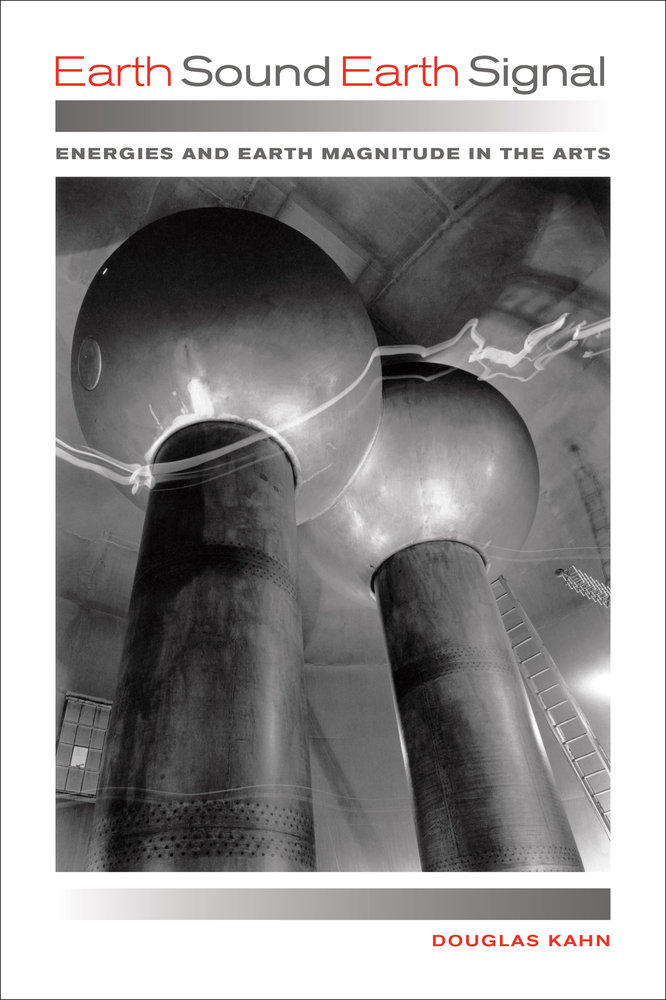Robert J. Richards: The Tragic Sense of Life: Ernst Haeckel and the Struggle over Evolutionary Thought (2008)
Filed under book | Tags: · aesthetics, biography, biology, darwinism, ecology, evolution, history of science, materialism, monism, science

“Prior to the First World War, more people learned of evolutionary theory from the voluminous writings of Charles Darwin’s foremost champion in Germany, Ernst Haeckel (1834–1919), than from any other source, including the writings of Darwin himself. But, with detractors ranging from paleontologist Stephen Jay Gould to modern-day creationists and advocates of intelligent design, Haeckel is better known as a divisive figure than as a pioneering biologist. Robert J. Richards’s intellectual biography rehabilitates Haeckel, providing the most accurate measure of his science and art yet written, as well as a moving account of Haeckel’s eventful life.”
Publisher University of Chicago Press, 2008
ISBN 0226712192, 9780226712192
512 pages
Isabelle Stengers: The Invention of Modern Science (1993–) [EN, PT]
Filed under book | Tags: · apparatus, epistemology, event, fact, fiction, history of science, mathematics, philosophy of science, physics, politics, science, sociology, theory, truth

The so-called exact sciences have always claimed to be different from other forms of knowledge. How are we to evaluate this assertion? Should we try to identify the criteria that seem to justify it? Or, following the new model of the social study of the sciences, should we view it as a simple belief? The Invention of Modern Science proposes a fruitful way of going beyond these apparently irreconcilable positions, that science is either “objective” or “socially constructed.” Instead, suggests Isabelle Stengers, one of the most important and influential philosophers of science in Europe, we might understand the tension between scientific objectivity and belief as a necessary part of science, central to the practices invented and reinvented by scientists.
First published in French as L’Invention des sciences modernes, La Découverte, Paris, 1993.
English edition
Translated by Daniel W. Smith
Publisher University of Minnesota Press, 2000
Theory Out of Bounds series, 19
ISBN 0816630569, 9780816630561
185 pages
Review (Robert Evans, Contemporary Sociology, 2002)
Commentary (Stephen Shaviro, 2004)
Publisher (EN)
Google books (EN)
The Invention of Modern Science (English, trans. Daniel W. Smith, 2000)
A invenção das ciências modernas (Portuguese, trans. Max Altman, 2002)
Douglas Kahn: Earth Sound Earth Signal: Energies and Earth Magnitude in the Arts (2013)
Filed under book | Tags: · acoustics, art, art history, cold war, computer music, earth, electromagnetism, electronic music, energy, experimental music, geophysics, hearing, history of science, light, media history, music history, nature, noise, perception, radio, science, sound, sound art, sun, technology, telegraphy, telephone

“Earth Sound Earth Signal is a study of energies in aesthetics and the arts, from the birth of modern communications in the nineteenth century to the global transmissions of the present day. Douglas Kahn begins by evoking the Aeolian sphere music that Henry David Thoreau heard blowing along telegraph lines and the Aelectrosonic sounds of natural radio that Thomas Watson heard through the first telephone; he then traces the histories of science, media, music, and the arts to the 1960s and beyond. Earth Sound Earth Signal rethinks energy at a global scale, from brainwaves to outer space, through detailed discussions of musicians, artists and scientists such as Alvin Lucier, Edmond Dewan, Pauline Oliveros, John Cage, James Turrell, Robert Barry, Joyce Hinterding, and many others.”
Publisher University of California Press, 2013
ISBN 0520956834, 9780520956834
343 pages
Reviews: Alessandro Ludovico (Neural, 2013), Christopher Haworth (Organised Sound, 2015), Adam Trainer (Continuum, 2015).
PDF (removed on 2014-3-19 upon request of the publisher)
Comment (0)
